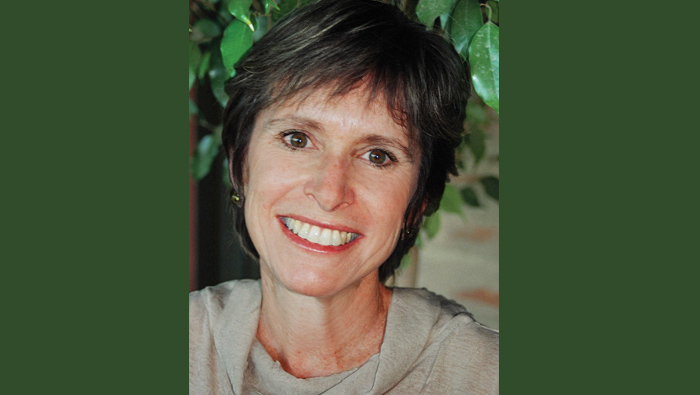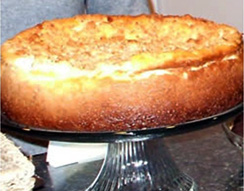On a chilly day in February over a decade ago, I drove my mother to the hospital to visit her only sister, Emily. My mother was anxious about seeing her. Not just because of her condition, which bordered on terminal, but because of their relationship, defined by years of unspoken hurt and unfinished conversations.
We both fidgeted in the elevator as we approached the room to say what we knew would be our final goodbyes. No matter how hard you try, there is no way to prepare for a moment like this. You can comfort yourself with thoughts like “She’s so sick, it’s for the best,” or “She’s lived a good life and now it’s her time.” But as we entered the room I was struck by the realization that the cadaverous shell of a woman lying in bed, the same woman who had caused my mother so much grief and pain in her youth, might never be able to speak again. And there was still so much left to say.
Her daughter greeted us at the door.
“She’s been calling for you for days,” she said softly, looking at my mother.
As if choreographed, my mother began stroking Emily’s forehead with her own tired hand. She spoke softly of their lives together as little girls, of books they had loved, of summers at the beach. A smile spread slowly across Emily’s face and for a few moments, her weary eyes focused and were young again.
My mother repeated softly, “I love you, Emily.” And Emily, who had been unable to talk for days, uttered the words that helped to ease my mother’s pain and teach her how to forgive: “I love you too, Elise. I have always loved you.”
Granting forgiveness to those who have hurt us is one of the most difficult things to do: it doesn’t come easily or naturally for most of us. When we are wronged, our tendency is to withdraw or retaliate. If we disengage, we often hold on to the hurt without ever having a chance to resolve it. If we respond by causing new pain, we increase hostility making resolution or forgiveness that much more difficult.
When the injury is interpersonal, we can carry the pain for years and the emotional scar tissue that forms can prevent us from ever healing. When the injury is not just against us, but against our family, faith or the community we care about, it can be even more difficult to find ways to “forgive and forget.”
When we love, we open ourselves up to experiencing many wonderful, intimate, nurturing and deeply gratifying feelings. We also open ourselves up to being hurt, disappointed, betrayed and abandoned. That is the nature of being in a relationship – with others, with our community, our country and yes, even with God.
The Torah is the Jewish blueprint for living a good, compassionate and meaningful life. As Jews, we are not expected to be perfect; we are expected to be human. There will be times when we let ourselves and others down, when we hurt others through our words, actions or thoughtless deeds. Because wronging others is part of being human, Judaism provides guidance in our efforts to forgive and be forgiven.
We are taught that we can’t seek forgiveness from God for a wrong we have committed against others. For those acts, we must ask forgiveness directly from the person we have offended and, if we still are not forgiven after three attempts, our obligation is satisfied.
When someone hurts or wrongs us, the Torah counsels us not to take vengeance or bear a grudge. And when we are sincerely asked for our forgiveness, Judaism teaches us that we should forgive, and do it wholeheartedly.
There is much to gain, psychologically and spiritually, when we let go of past injuries. It frees up the energy we use to stay angry or disappointed for more positive things that can bring us happiness, fulfillment and love. And Judaism assures us that if we show compassion to those who offend us, God will show us compassion as well.
The High Holidays are a time when we are called upon to look deeply at our efforts during the past year to see where we have succeeded and where we have missed the mark. We are asked to make amends to those we may have hurt by going directly to them and asking for forgiveness in order to clear the slate for the new year. It may not be easy, but it is an opportunity to right the wrongs we have done and begin again, each year, with the hope that we will do better and be better in the year ahead.
I think of the years of hurt that my mother endured and of how she longed for her sister to apologize for the hurtful things she did, or at least, to talk about them. She will never have that conversation now, but what she does have is almost as good. Because she found a path to forgiveness and a way to heal herself even though her sister is gone.
Amy Hirshberg Lederman has written more than 300 columns and essays that have been published nationwide. amyhirshberglederman.com






